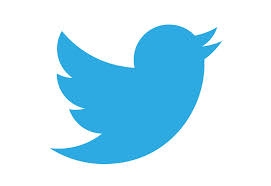How to Use Prescheduled Tweets to Promote Your Event

A couple of weeks ago, Twitter announced a new feature which allows all users to schedule a tweet. Though not an unprecedented feature - a number of third-party applications already provided this option - the announcement from Twitter sparked an intense online debate on the pros and cons of pre-scheduled messaging.
For a busy show manager who has an ever-growing list of operational details and issues to take care of, the ability to post appropriate messages on a pre-determined schedule can be a heaven-sent option.
Not sure which messages can be easily scheduled ahead of your event? We have some nifty ideas to get you started! Consider scheduling messages to:
- Remind followers of the official hashtag(s).
- Create buzz around special events, such as gala dinners or keynote sessions.
- Announce the names of pre-determined raffle or award winners.
- Appreciate the trend setters and top performers in your industry.
- Share the Twitter handles of your speakers and presenters.
- Send timely alerts. For example, you could send a reminder to exhibitors about onsite booth sales.
- Share important links with attendees, e.g. registration site, FAQ pages, local information, etc.
- Thank your event sponsors for their support.
Last but not the least, it’s important to note that you would still need to review scheduled posts periodically and ensure that messages that are not valid or suitable for any reason are edited or cancelled in a timely manner. And do respond to live tweets from your fans and followers right away to keep them engaged!


Add new comment